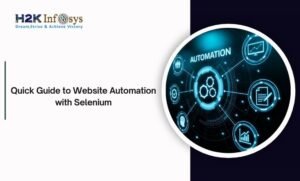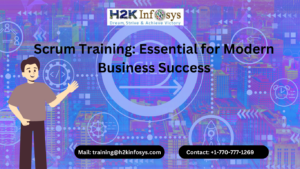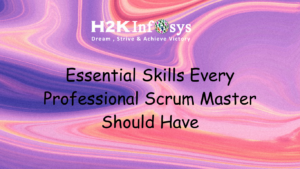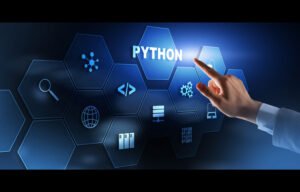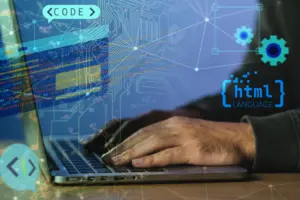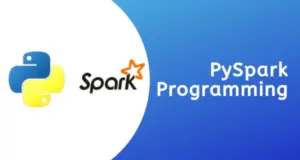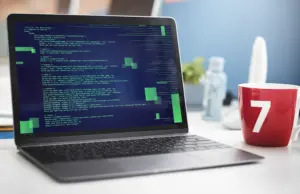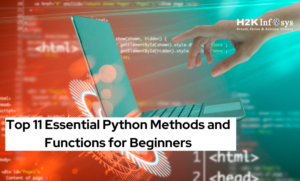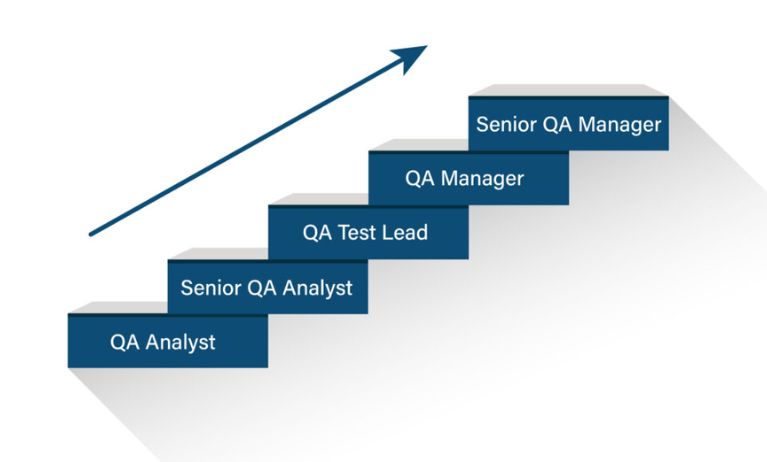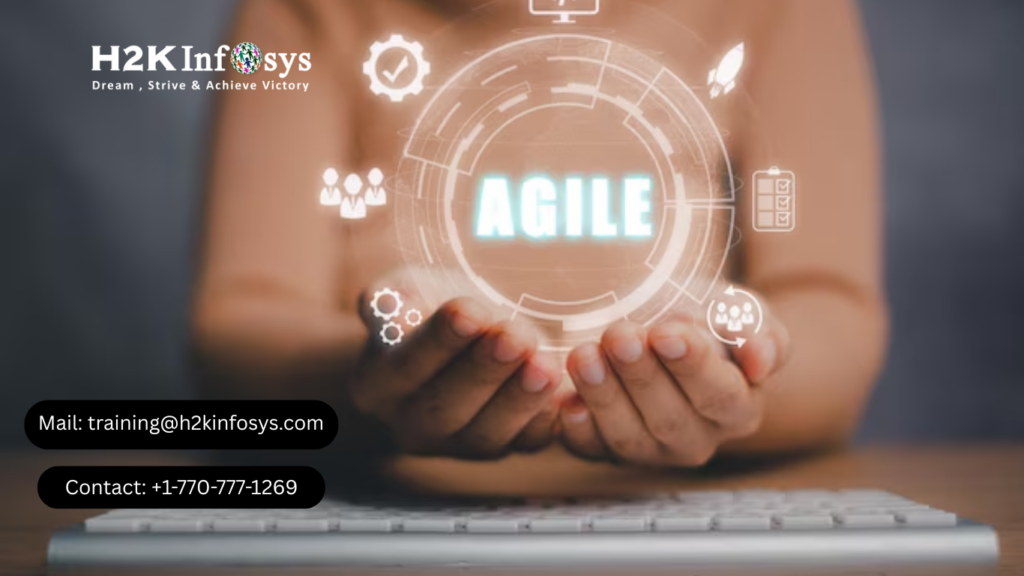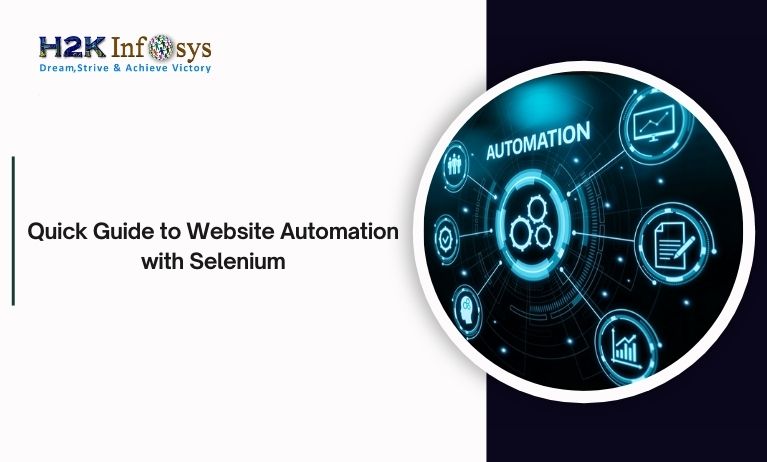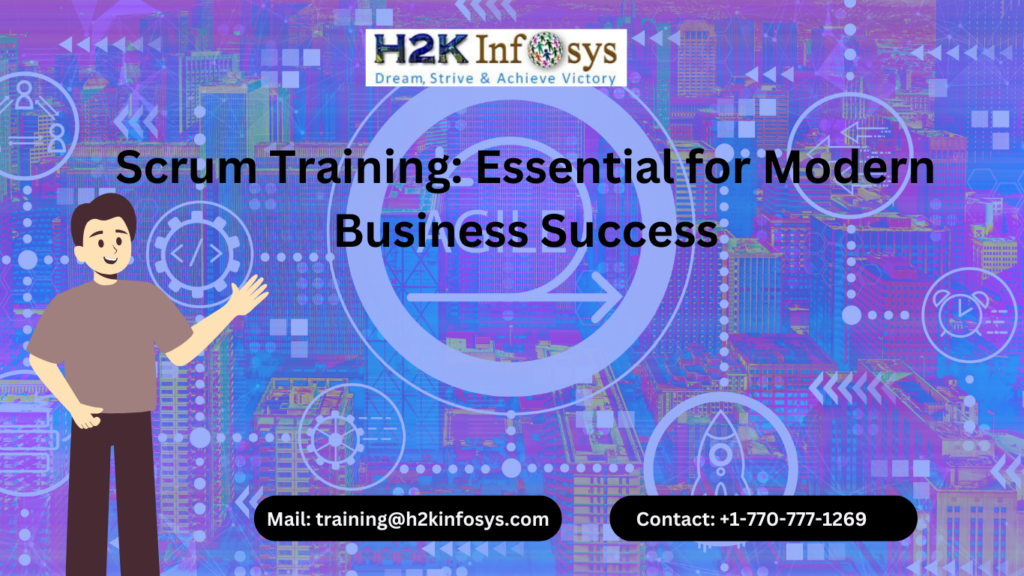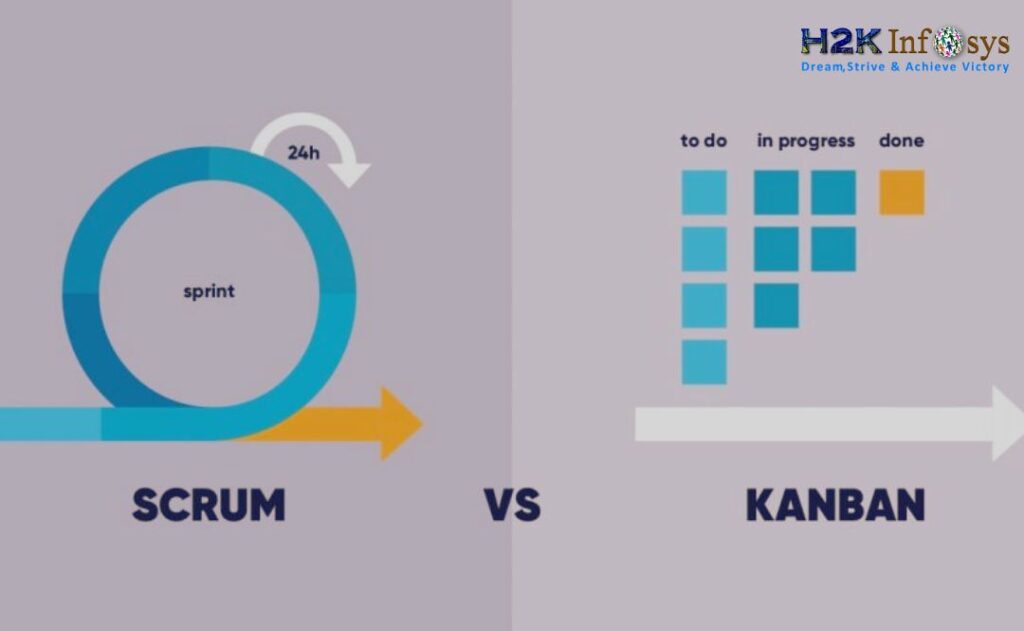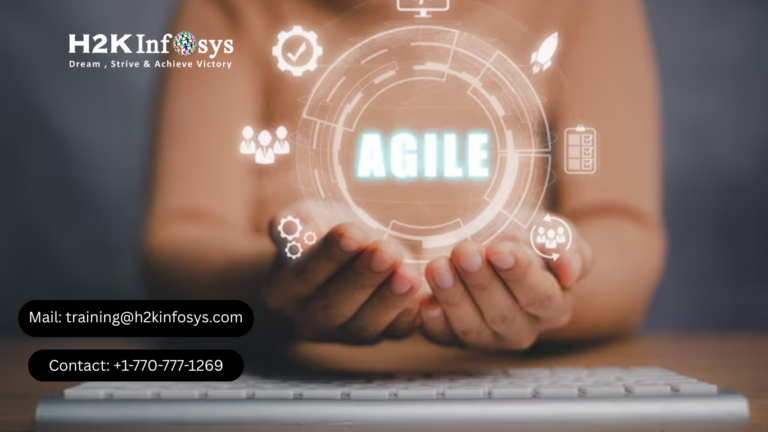Python is one of the choice programming language options for beginners and the reason is not far-fetched. While Python can be used to build powerful applications, its syntax is simple and straightforward. A python code can be read like plain English. But as a beginner, there are a plethora of resources to get started with learning Python. There are videos, blog posts, online classes, books, etc.
While watching videos is loved by many, books are equally vital to have a robust understanding of concepts and immersing yourself in a broader information stream. If you are considering learning Python through books, we have researched and compiled the best books to learn Python as an absolute beginner.
Let’s get into it already.
- Python Crash Course: A Hands-On, Project-Based Introduction to Programming
This book is one of the most recommended books for beginners and it’s for a good reason. The book is excellent for learning the basics of Python. You will get to learn how to use critical libraries in Python to solve general and specific problems. What makes the book more interesting is that it is project-oriented. It applies all the theories you learn to build cool applications in Python such as 2D games, flexible web applications, creating nice data visualization, etc. The Python Crash Course is divided into 2 sections. The first section is dedicated to the theoretical concepts and focuses on you learning how to write codes that work. The section delves into building fun applications such as web applications, a Space Invader arcade game, etc.
- Automate the Boring Stuff with Python: Practical Programming for Total Beginners
Have you been stuck in a situation where you repeat the same stuff day in and day out for weeks? Sure you won’t like to get into such a condition going forward. Python can be used to automate boring and repetitive tasks and that is what this book teaches you to do. It begins with the fundamentals then goes on to expose you to how to create automated Python pipelines for several tasks. Tasks that range from searching for text in a document, updating, renaming, moving a document. The new edition incorporates how to play around with Google spreadsheet documents, Gmail, and other CSV files.
Each chapter has a practice project where you can immediately apply the concepts you learned to real-life situations. This will cement your skill particularly in automating continuous activities in Python.
- Head-First Python
Head-First Python is a cut through the noise and hits the most critical topics home. It is an easy and quick way of learning the basics of Python and applying them. You will learn how to create classes and the foundations of data structures. You will also be taught to build web applications, wrangle data, handle errors, use context managers, apply list comprehensions, and other important things. One of the high points of this book is that it is packed with visuals that you can easily relate to rather than just texts. Paul Barry, the author, is a serving lecturer at the Institute of Technology, Carlow. Before getting into academia, he had garnered field experience in the IT industry.
- Python Cookbook
The Python Cookbook is a great book to master python programming in Python 3 or upgrade from Python 2. The book explains key concepts as recipes and teaches you how to apply these recipes in different domains. The topics in the book range from data structures, string manipulation, iterators, and generations, working with modules and packages, and many more. Codes used in building relatable objects are well explained. Amongst other things, they explain why the solution was used.
- Learning Python
Mark Lutz, the author of the book, exposes you to the nitty-gritty of writing high-quality Python code that works. The book is perfect for beginners who wish to have a solid foundation before going on to other advanced topics. The book teaches the use of built-in data types and data structures as well as code redundancy. Learning Python also delved into more intricate topics such as Object-Oriented Programming (OOP).
- Python for Data Analysis
This book is a great book for data analysis with Python. It teaches you how to wrangle, preprocess and clean data in Python. The coding examples are filed with use cases on how to deal with data analysis problems with Python. You will be exposed to how to use key Python libraries as NumPy and Pandas for data analysis.
- Learn Python the Hard Way
This book is somewhat unconventional with its approach. You will be taught Python by engaging in 52 well research exercises. These exercises are tailored to making you understand concepts and be good at applying theoretical concepts in real life. You will learn how to do proper planning before going ahead to write a high-quality Python code. By the end of the book, you would have learned variables, Python environment, control flow and logic, automated testing, etc. You will also know how to build a simple gaming app and a web application with Python.
- Natural Language Processing with Python
Natural Language Processing (NLP) is one of the broadest and popular use cases of machine learning models. If you are going to master this field, there is nowhere else to look at but this book. The book explains the foundational concepts in NLP such as regular expressions, POS tagging, lemmatization, stemming, etc. It used NLTK, a popular toolkit for NLP in Python for most of its coding examples. The book also takes on some interesting NLP projects using NLTK.
- Python Data Science Handbook: Essential Tools for Working with Data
This book is one of the best books you can read to understand machine learning in Python. The book is split into four major chapters apart from the introduction, dedicated to the four major libraries for building functional machine learning libraries. The libraries are Numpy, Pandas, matplotlib/Seaborn, Sci-kit learn. The author assumes readers have a decent knowledge of Python. However, he has a short book less than 100 pages, called the Whirlwind Tour of Python that brushes up all of Python’s fundamentals. It is important to point out however that this book didn’t touch deep learning methods using Tensorflow, Pytorch, or Keras.
- Hands-On Machine Learning with Scikit-Learn, Keras, and Tensorflow Concepts, Tools, and Techniques to Build Intelligent Systems
This book is regarded as a one-stop book to master machine learning with Python. That is because the book discusses all the key concepts you must know in detail. The theoretical explanations are usually backed up with real Python codes. The book is divided into two sections: machine learning and deep learning. This makes the book very robust. The latest edition now incorporates Keras for building deep learning models rather than building it with TensorFlow in earlier editions. The explanation is spelled out and easy to grasp.
In summary, you have found 10 amazing books you can read to get started in Python. You can check out as many as possible and then decide on the exact one that catches your fancy. Many of the books here have softcopies that make copying code examples easy. If you have any questions about this article, please leave them in the comment section and I’d do my best to answer them.




